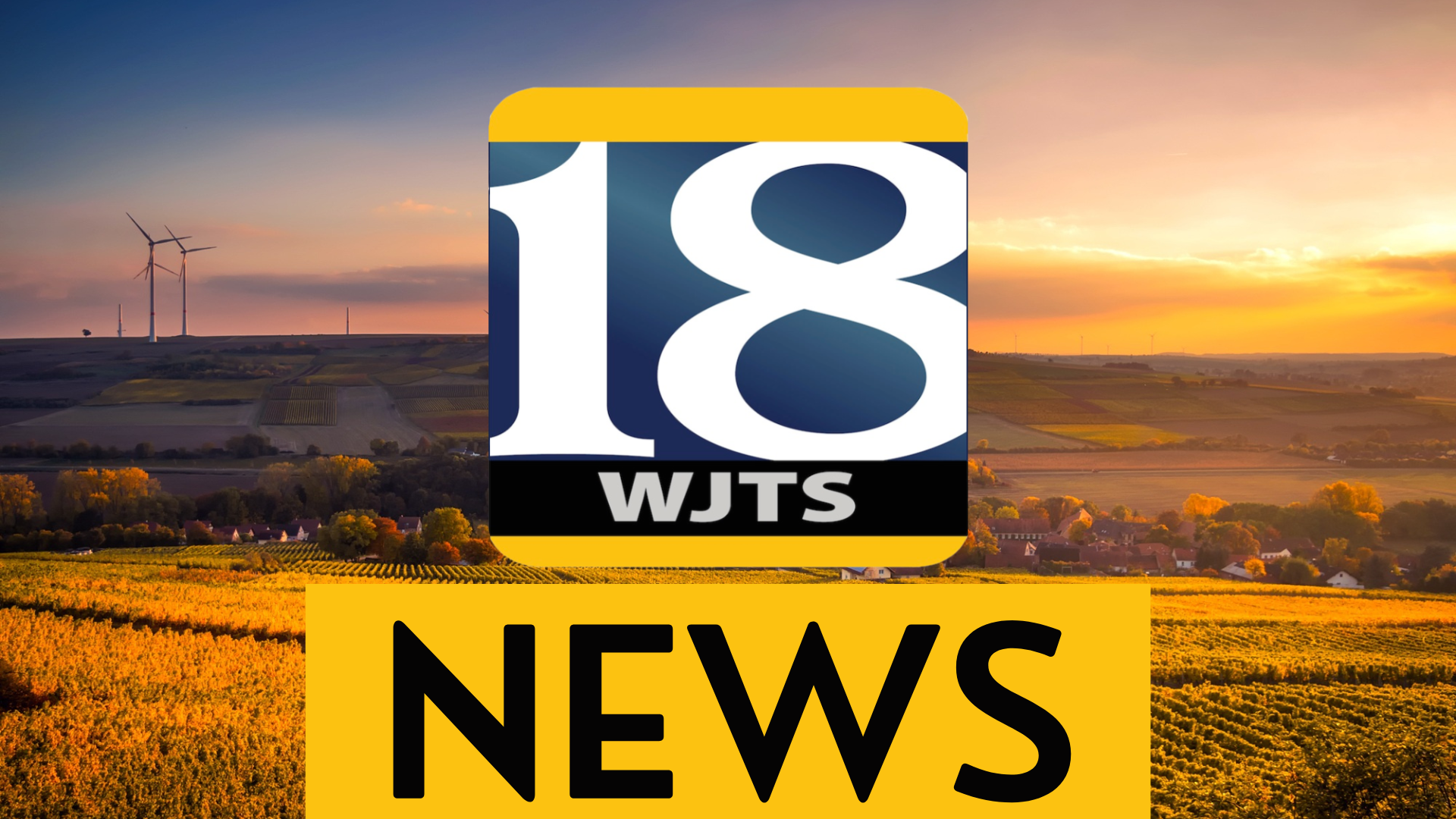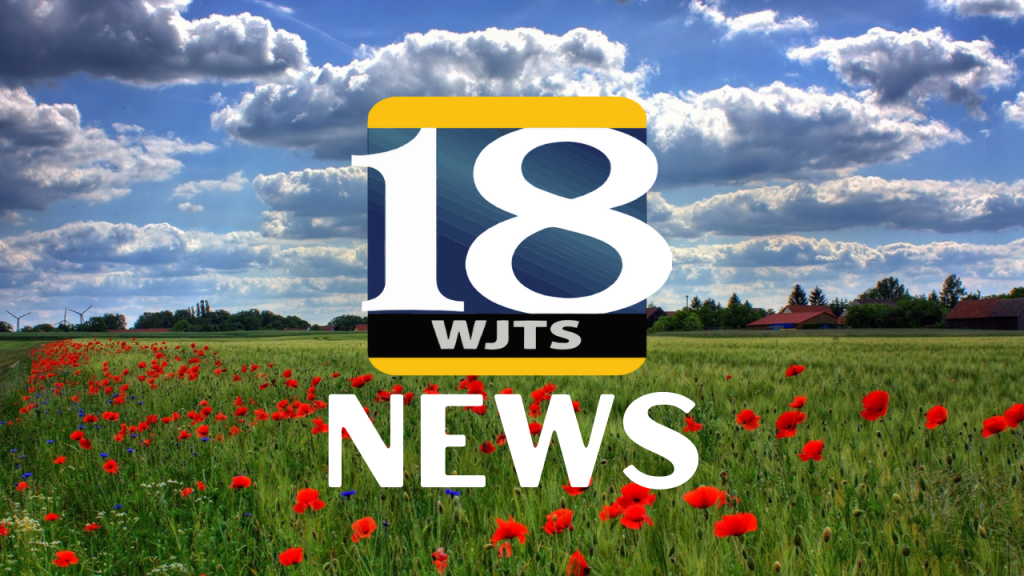The control areas surrounding Dubois County sites D1, D2, D3 and D4 have been lifted as of March 23, 2022. Commercial farms in the control areas are no longer under quarantine, weekly and bi-weekly surveillance testing is no longer required, and movement permits are eliminated. Surveillance of backyard flocks in the control areas is complete; owners will receive notice of the quarantine release by mail.
The D1, D2, D3 and D4 farms remain under quarantine until the final steps of the flock plan are complete. Final activities include compost disposal, virus elimination, environmental sampling for presence of the virus, and a fallow period.
To lift the Dubois County control areas, USDA requires the following conditions:
- The last infected premises in the control areas is depopulated and the compost pile has been set (capped)
- No HPAI-positive diagnostics have been identified in the control area for 14 days after the depopulation of the infected premises
- Initial virus elimination activities on the last infected premises are complete (including outside areas of the site, equipment, trucks, and other potential fomites used in the depopulation activities)
- Required surveillance in the control area (commercial and backyard premises) has been completed; no evidence of HPIA infection was found in the control area
- Surveillance requirements for international and bilateral trade are being conducted and may continue
SURVEILLANCE TESTING: Testing of nearby flocks is important to verifying the virus has not spread in the area. Testing within the 10-km control area and the additional 10-km surveillance zone will continue until restrictions are lifted. Total number of laboratory tests run:
Tests of commercial flocks: 1,561
Tests of hobby/backyard flocks: 452
HOBBY/BACKYARD FLOCK SURVEILLANCE: BOAH staff continue to reach out to known hobby/backyard poultry owners in the control areas to schedule testing of birds to ensure the virus is not present. To date, 74 hobby flocks have been sampled; laboratory testing determined them as negative. Hobby poultry owners in Southern Dubois County or Greene County should contact BOAH at 317-544-2387 to schedule testing at no charge.
WILD BIRD SURVEILLANCE: USDA Wildlife Services is assisting with surveillance of wild birds in and near the control areas. Samples from waterfowl, pigeons, European starlings and other species have been submitted for laboratory testing; results are currently pending for more than 220 samples collected, but will be reported when they become available.
As of 7 March 2022, the available epidemiologic data and analysis of over 200 full genome H5N1 HPAI sequences from wild and domestic birds supports independent wild bird introduction(s) for the initial detection in Dubois County and both detections in Greene County. Analysis will continue as data are available.
BACKGROUND
On Feb. 9, 2022, a confirmed case of H5N1 highly pathogenic avian influenza (HPAI) was identified in a single commercial turkey flock in Dubois County. This is the first report of HPAI in commercial poultry in the United States since 2020 and the first in Indiana since 2016.
Samples were collected from the birds on Feb. 7 and submitted to the Indiana Animal Disease Diagnostic Laboratory (ADDL) at Purdue University after approximately one hundred birds died, flock appeared lethargic and decreased consumption of water. Tests indicated a likely infection of an H5 avian influenza virus. Under standard protocols, the results were reported to the Indiana State Board of Animal Health (BOAH), which authorized prompt transport of the samples to US Department of Agriculture’s National Veterinary Services Laboratory (NVSL) in Ames, IA for confirmatory testing.
NVSL confirmed that the virus present was a highly pathogenic strain of H5N1 (with a Eurasian H5 goose/Guangdong lineage). Upon confirmation of HPAI, the 29,000 turkeys in the flock (known as Dubois 1) were depopulated to prevent the spread of the disease in the area.
On Feb. 15 laboratory testing of a second commercial flock of turkeys in Dubois County has identified the H5 avian influenza virus (known as Dubois2). Upon confirmation of HPAI, the 26,473 turkeys in the flock were depopulated to prevent the spread of the disease in the area.
On Feb. 17, laboratory testing of a commercial flock of turkeys in Greene County has identified the H5 avian influenza virus (known as Greene1). A total of 48,000 turkeys in the flock were depopulated. Control area lifted on March 15; quarantine of site remains intact.
On Feb. 18, laboratory testing identified H5 avian influenza (AI) in a commercial turkey flock in Greene County (known as Greene2). A total of 15,400 turkeys were depopulated. Control area lifted on March 15; quarantine of site remains intact.
On Feb. 22, laboratory testing identified H5 AI in commercial turkeys in Dubois County (Dubois3) about 2.5 miles west of Dubois1. H5N1 was subsequently confirmed by NVSL on Feb. 24. A total of 35,908 turkeys were depopulated.
On March 1, laboratory testing identified H5 AI in commercial turkeys in Dubois County (Dubois4) about 6/10-mile from Dubois1. A total of 16,479 birds were depopulated. H5N1 was confirmed by NVSL on Mar. 1.
A 10-km control area (CA) is established around each HPAI-affected flock. All commercial flocks in the control areas must be tested for avian influenza at least weekly. Small, hobby flocks are also subject to testing. A surveillance zone is also established in the 10-km circle beyond the control area. Flocks in the surveillance zone must be tested every other week.
On March 15, 2022, the control areas surrounding Greene County sites G1 and G2 were lifted. The farms surrounding G1 and G2 are no longer
RESPONSE
As part of existing avian influenza response plans, federal and state partners are working jointly on additional surveillance and testing in areas around the affected flocks. The United States has the strongest AI surveillance program in the world, and USDA is working with its partners to actively look for the disease in commercial poultry operations, live bird markets and in migratory wild bird populations.
BOAH is working with multiple state and federal partners to respond to this event, including Indiana Department of Health, Indiana Department of Homeland Security, Indiana Department of Natural Resources, Indiana Department of Environmental Management, and USDA Veterinary Services, Wildlife Services and Farm Service Agency.
PUBLIC ADVISORIES
Food Safety
Avian influenza does not present a food safety risk; poultry and eggs are safe to eat. Officials are not aware of any public health significance with this virus. No cases of human infection have been reported. Human health agencies will be monitoring workers and others in contact with birds to monitor for influenza-like illness.
Animal Health
Hobby poultry owners are encouraged to be aware of the signs of avian influenza and report illness and/or death to the USDA Healthy Birds Hotline: 866-536-7593. Callers will be routed to a state or federal veterinarian in Indiana for a case assessment. Dead birds should be double-bagged and refrigerated for possible testing. Signs include: sudden death without clinical signs; lack of energy or appetite; decreased egg production; soft-shelled or misshapen eggs; swelling or purple discoloration of head, eyelids, comb, hocks; nasal discharge; coughing; sneezing; lack of coordination; and diarrhea. A great resource for backyard bird health information is online at: www.aphis.usda.gov/aphis/ourfocus/animalhealth/animal-disease-information/avian/defend-the-flock-program/dtf-resources/dtf-resources. Situation updates and status reports about ongoing avian influenza activities, along with critical disease-related information, will be posted online at: https://www.in.gov/boah/species-information/avianbirds/highly-pathogenic-avian-influenza/. Users may subscribe to email and/or text updates on a subscribe link at that page.
Human Health
Recent detections of highly pathogenic avian influenza A H5N1 viruses (H5N1 bird flu) in wild birds and poultry pose a low risk to the health of the general public; however, rare human infections are possible. Human infections are most likely to be rare and happen in people with recreational or occupational exposures involving prolonged, unprotected close contact with infected birds or contaminated environments. CDC is taking routine preparedness measures to be ready in case human infections with these viruses happen. IDOH offers the following guidance documents for poultry growers and emergency responders to protect their health:
- Indiana Department of Health Avian Flu Producer Information
- Indiana Department of Health Avian Flu Post-Exposure Information
Mental Health
Community members who are affected by this animal health emergency are to be aware of the possible impact on their mental health and to seek assistance if needed. Available resources include:
- Lifespring Health Systems: Local to Jasper, IN; provides support/crisis counseling to the famers and workers on staff of farms affected.
- Call 812-482-3030
- Be Well Indiana: Feeling overwhelmed, stressed, anxious or alone? Call this free, confidential resource available 24/7 to anyone in the state of Indiana.
- Call 2-1-1 and enter your ZIP code.
- Follow the prompts and select number 3 for the Be Well Crisis Helpline.
- Farm Aid: This organization connects farmers with helpful services, resources and opportunities specific to their individual needs. Call the Farmer Hotline for immediate assistance Monday through Friday from 9:00 AM to 10:00 PM Eastern time.
- Call 1-800-FARM-AID (1-800-327-6243).
- National Suicide Prevention Lifeline: Provides 24/7, free and confidential support for people in distress, as well as prevention and crisis resources for you or your loved ones.
- Dial 9-8-8 or call 1-800-273-TALK (1-800-273-8255).
ABOUT INDIANA POULTRY PRODUCTION
Indiana is a leading producer of poultry, eggs and poultry products. Nationally, Indiana ranks number 1 in ducks, second in layer chickens and table eggs, and third in turkeys, as well as a major producer of broilers. Dubois County is Indiana’s leading turkey-producing county.




